Free educational and topical seminars
Wales & West
Keep up to date on the latest topics through our free seminars, discussions and workshops presented by industry experts.
EDUCATIONAL & TOPICAL seminars
EXPERT speakers
KEEP UP TO DATE WITH THE LATEST TOPICS
Network with professionals
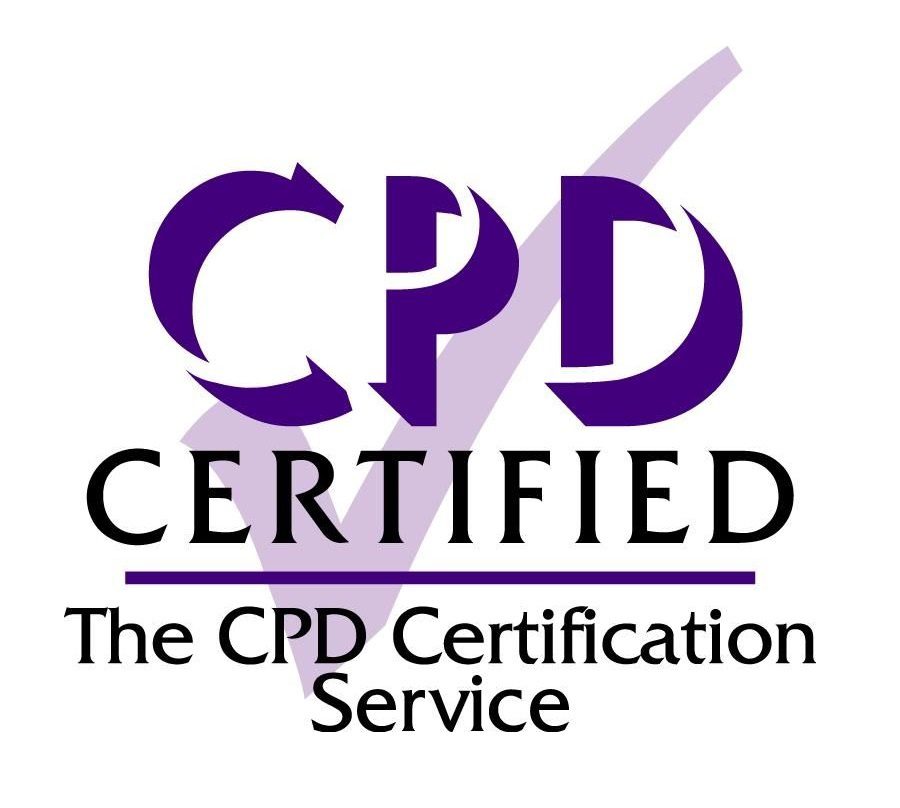
Seminar programme
Seminar sessions running concurrently
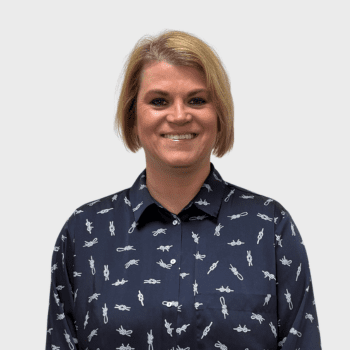
Room 1
10:00 am
An Occupational Therapy Approach to Managing and Promoting Bladder and Bowel Health
Lisanne Whalen BSc (Hons) – Occupational Therapist
Adapt & Live
Research shows that while occupational therapists aim to take a person-centred and holistic approach, not all feel confident or have the right skills to assess and support people with bladder and bowel problems. Furthermore, there is limited evidence of past service user involvement in the management of such health conditions.
This seminar will explore existing evidence and examine the role of occupational therapists in bladder and bowel management, highlighting their valuable contribution to the multidisciplinary team. Attendees will gain increased knowledge and understanding of the OT’s vital role in promoting bladder and bowel health, as well as the importance of a co-productive approach to managing health conditions.
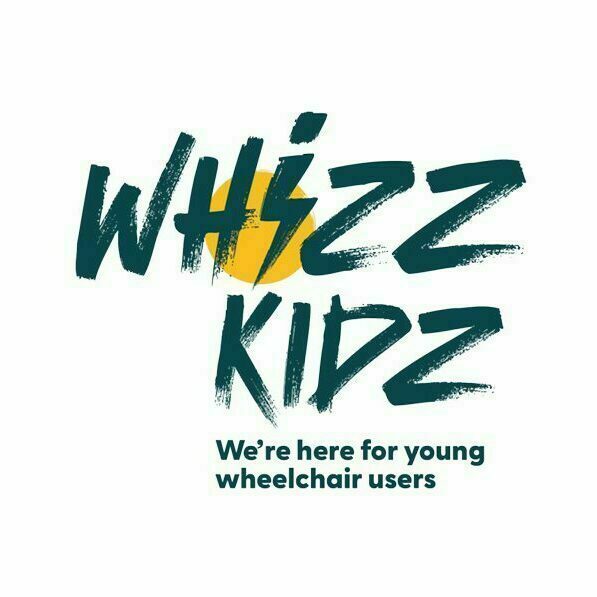
Room 2
10:00 am
Wheelchair users in education: Whizz Kidz research and the impact of the right wheelchair
Jo Fashan – Associate Director, Engagement & Policy
Whizz Kidz
The seminar will focus on some key outcomes and feedback from our recent research into the experiences of young wheelchair users in education. We undertook research with young people and education professionals to identify themes and our own Youth Board have compiled recommendations. We will also discuss the impact of having the right wheelchair in an education setting, particularly through transition into higher / tertiary education and employment.
Jo is Associate Director at Whizz Kidz leading the policy and engagement team. Together they campaign for change with our young people around topics such as education, employment, travel and access.
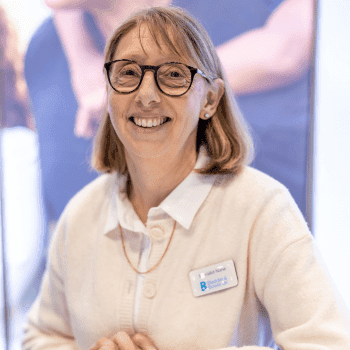
Room 1
11:00 am
Troubles with Toilet Training
Davina Richardson – RGN/RSCN, BSc (Hons)
Children’s Specialist Nurse
Bladder & Bowel UK
Toilet training can be challenging for parents and children, but is an important self-care skill. Understanding about how best to support children develop required skills has evolved and includes an increased awareness of some specific issues. This seminar will discuss some of the difficulties, including due to different processing, sensory issues, mobility issues and communication styles. It will also offer suggestions for techniques to support children achieve their potential to be clean and dry. The seminar is relevant for families and professionals supporting children with any additional need or disability, including due to autism, developmental differences, learning or physical disability.
Davina has 18+ years experience working as a specialist children’s bladder and bowel nurse.
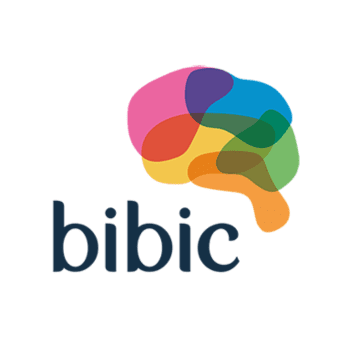
Room 2
11:00 am
Understanding and supporting behaviour
Chelsey Oxley – MSC Psychology (open), PG cert SPI, RQTU,
Head of Therapy & Business Development
Claire Timbrell MSc Psychology, BSc OT(hons), RQTU – Senior Therapist Safeguarding
bibic
Participants will be able to develop their understanding of various types of behaviour exhibited by children and young people, as well as potential underlying causes by the end of the session. They will understand the roles that sensory dysregulation and executive dysfunction play in behaviour as well as differences seen within ADHD and autism. Additionally, they will acquire practical and readily applicable strategies to assist in promoting behaviour regulation in children and young people, as well as supporting adults in facilitating realistic behaviour change in collaboration with the individual.
Chelsey has 15 years experience working with children and young people with SEND in education and charity. Claire has 20 years experience working with CYP in home visiting, social services and SEND.

Room 1
12:00 pm
Understanding Autism and Neurodivergence
Natasha Green – Speech and Language Therapist
Rohan Smith – Assistant Psychologist
Nicola Goodman – Clinical Assistant
Caudwell Children
Caudwell Children are a national charity providing services and support to disabled and neurodivergent children, striving to ensure all children have the choice, opportunity, dignity and understanding they deserve.
Clinical professionals from Caudwell Children’s Specialist Autism Service will present a popular seminar which includes:
• An introduction to Autism – including examples of autistic experience, and indicators to look out for
• Autism as a neurotype – introducing the concept of neurodiversity and natural variation in humans, including recognition of other neurotypes (e.g. ADHD)
• Assessment and diagnosis – a brief outline of the assessment process and considerations for families and professionals about when/how to refer for assessment
• Strategies for supporting autistic and neurodivergent children – including communication tools, creating structure and predictability, emotional regulation strategies, adapting the environment and supporting acceptance and understanding.
Ultimately equipping families and professionals alike to better understand and support neurodivergent children.

Room 2
12:00 pm
Understanding Family Sleep – managing sleep disruption (a behavioural approach)
Carmel Gallagher – Support and Rehabilitation Coordinator
Irwin Mitchell
When someone in your household has disrupted sleep, everyone is affected. This presentation aims to help parents and carers understand the medical, environmental and social factors that can impact duration and quality of sleep. We will introduce a behavioural approach to tackling sleep problems and signpost participants to areas for further support and advice.
Objectives:
• To introduce parent carers to the common issues impacting family sleep
• To share personal experience of a family sleep journey
• To explain what a behavioural approach to sleep means and give clear and concise examples
• To inform and signpost families to further sources of support and advice.
Learning Outcomes:
• Have an introductory level understanding of the issues impacting family sleep.
• Have an increased understanding of the issues that may be impacting sleep in their own households.
• Know the key principles of adopting a behavioural approach.
• Have a list of resources to take away for further support
Carmel has worked with children and families for nearly 30 years in the education, care, community, health, charity and private sector. She is a qualified teacher and completed her Sleep Practitioner training with the Sleep Charity in 2018 which she refers to everyday. In her current role, as Team Leader for Irwin Mitchell’s Support and Rehabilitation Service, Carmel supports families impacted by trauma and serious injury, helping them to navigate the complex worlds of health, education and social care. She has 3 children and lived experience of disrupted sleep.

Room 1
2:30 pm
Supporting the mental health of individuals with multiple communication needs
Becky Fry – Clinical AAC Specialist (SLT)
Smartbox
Recent research indicates that the rate of mental health issues is much higher among those with complex communication needs (Watson, Reghavendra & Crocker, 2021). This group are more likely to experience abuse, stress, anxiety, and ableism, which can contribute significantly to mental health issues. During this talk we will cover ways we can best support and safeguard people who use AAC, so that they have access to and understand how and when to use language to discuss their mental health and wellness.
-Discover vocabulary that can help AAC users engage in fruitful communication with others about their mental state and engage in sel-talk.
-Learn about tools to support AAC users to build and maintain relationships. For example, ways to access online discussions or social media, send emails and make calls with their device, and maintain conversations with peers.
-Understand how the absence of mental health vocabulary may result in AAC users being under-identified with mental health conditions and subsequently deprived of access to important supports and therapy.
Becky is a Clinical AAC Specialist at Smartbox with over 19 years experience in AAC. Becky qualified as a Speech and Language Therapist in 2005, with experience across various settings including education, care homes, residential settings, medium secure units, hospitals, and the prison service.

Room 2
2:30 pm
Quality of Life and Childhood Disability
Renee Brouwers & Dawn Forbes – Specialist Paediatric Neuro Physiotherapists
Morrello Health Ltd
Achieving the best Quality of Life possible should be at the forefront of all decisions regarding a child’s health.
This interactive session explores what Quality of Life (QoL) in childhood disability means to different people, illustrated by comments from an international group of children and young people. We look at how families and medical professionals can collaborate to set QoL goals using the ‘F-words’ and link this with the International Classification of Functioning, Disability and Health framework (ICF – World Health Organisation). Examples of how QoL can be measured and the value of this will also be discussed. The objectives of this seminar are:
• To give families and medical professionals the opportunity to share their opinions on what QoL means to them.
• To introduce parent/carers to the World Health Organisation’s ICF Framework and the F- words in Childhood Development
• To give examples of how QoL can be measured and the value of this.
By the end of the session:
• Participants will have a shared knowledge on people’s views of what QoL is.
• Participants will have a basic understanding of the ICF framework, how it is aligned with the F-words in Childhood Development and how this supports goal setting within Health Care.
